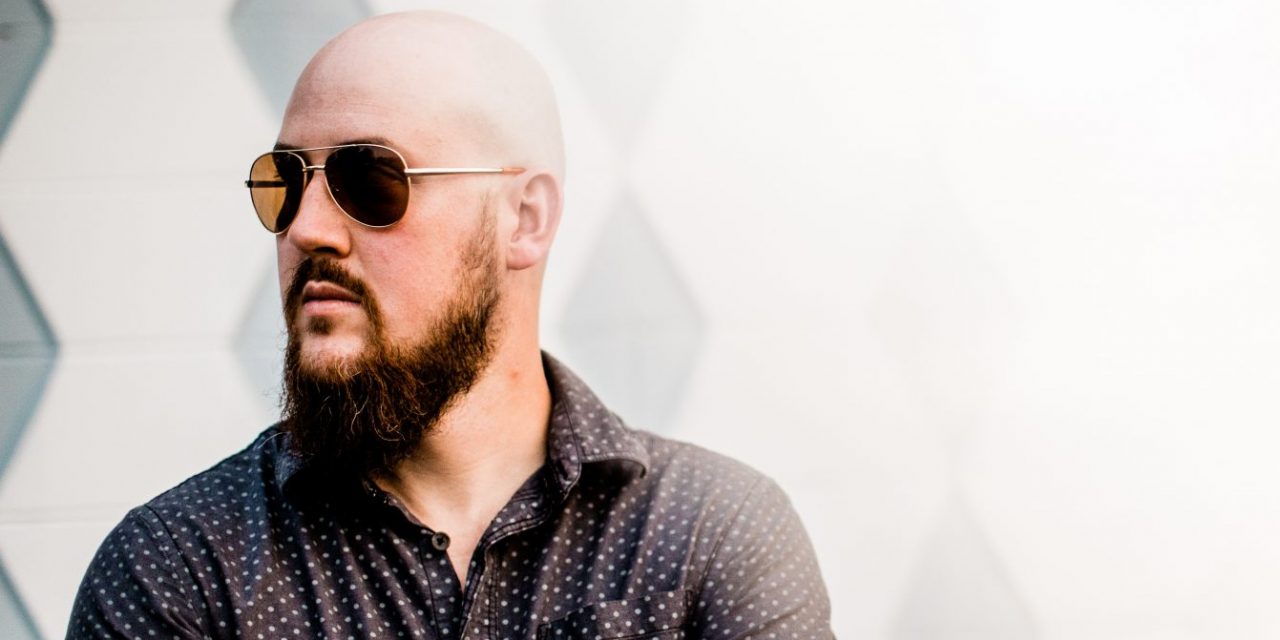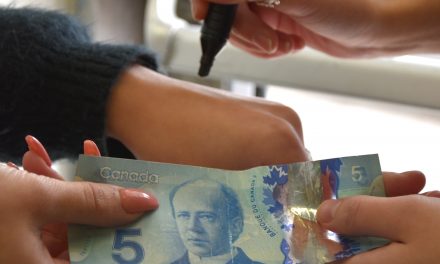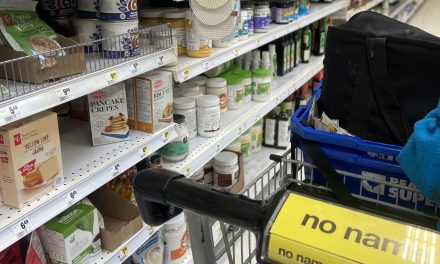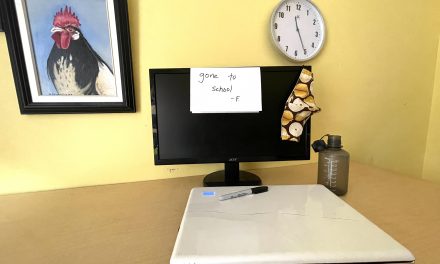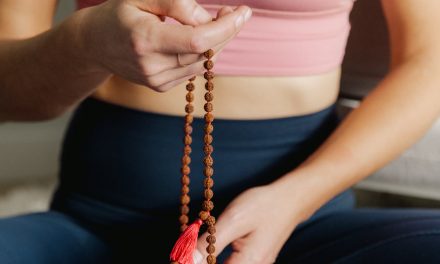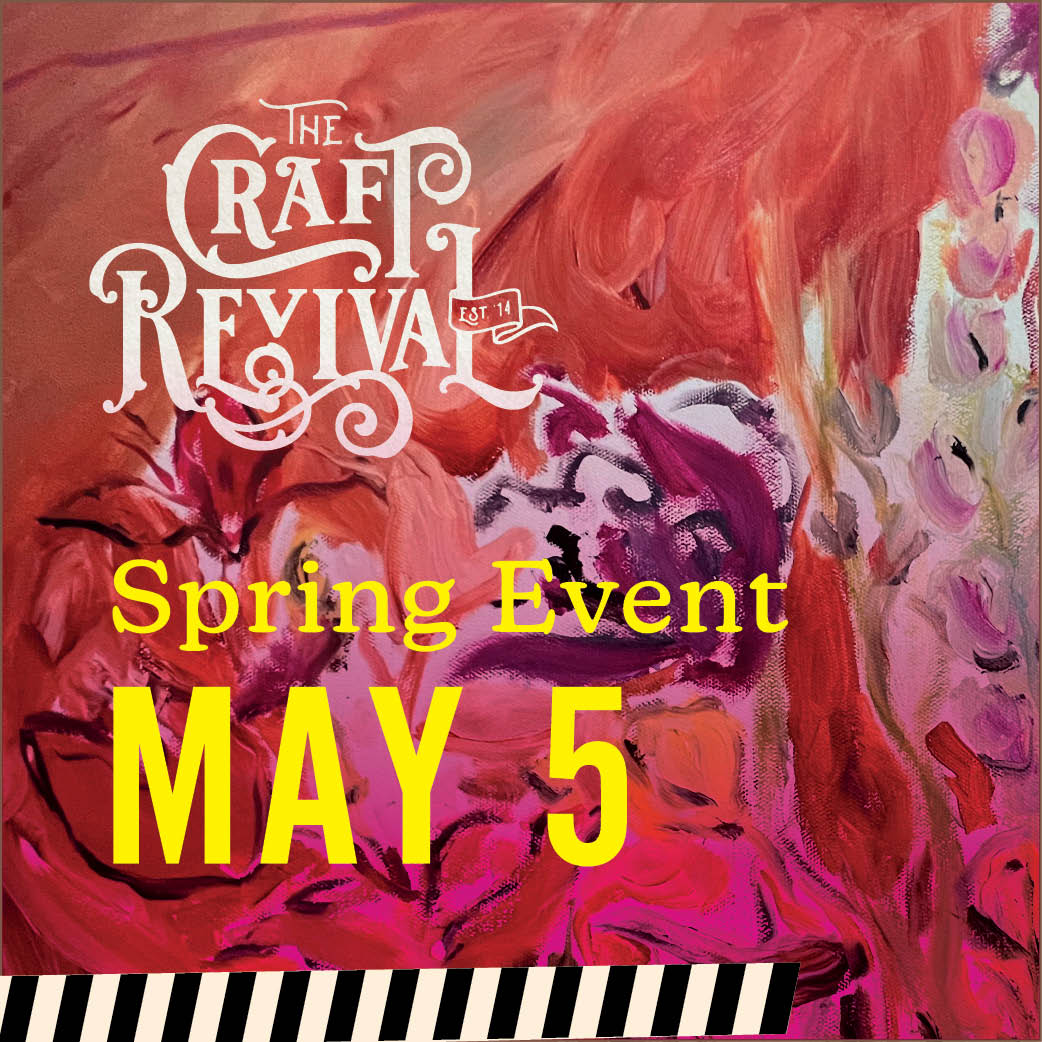Editorial by Jean-Paul De Roover, Photo by Shannon Lepere
A colleague once told me the story of a young aspiring musician’s parents, who had approached him for advice on the first step their child should take to get into the music industry. His reply was short, rude, but indelible: “don’t.” As disheartening as that message was, he later explained that if you’re not driven and compelled to be a part of that world, it’s probably not for you. But if you can push through the hunger, the financial instability, the toll it’ll take on your body, and any number of other issues that you might experience—if you can survive those, then yes, “do.” This industry is not for the faint of heart.
For those of you thinking that this last year and a half was the universe saying “don’t,” take a deep breath and recognize that the pandemic has been an equalizer, bringing everyone back down to square one. It was a forced retreat, where some of us were creative or developed new skills. But some have left music altogether, not knowing if they might ever return. But that’s okay. There’s no set path for how we emerge from the pandemic, no “one easy trick” to return to normal, and certainly no timeline.
You’ll see some musicians re-emerge unscathed and it’ll make you jealous, bitter, depressed. Others will come out worse than you, and you’ll be grateful. I know, I’ve felt both ways. But I’m also here to remind you that it’s not about what they do have versus what you don’t have—it’s about surviving. Even if you stopped playing, sold off your instruments, started a new career, or even moved to another city, that’s okay. You’re surviving.
At the end of February 2020, I was on the cusp of a tour with a live band, vinyl albums in hand, and a promising album cycle ahead. Two weeks later we rushed back home early from what felt like the beginning of a horror movie. Every gas station TV showed headlines of a deadly virus inching closer. Suddenly, it was real. With the shutdowns came a long pause. A pause that somehow slowed even further. Eventually it slowed to a stop and I felt like my identity as a musician was taken from me. Maybe you felt the same. No one should ever blame us for being victims of global circumstance. We’re surviving.
Now the world is opening up again—but not for everyone. As adults we have access to vaccines yet the youngest populations are still at risk. While audiences might be craving to hear you hit your high note on stage, someone’s child might be headed for the hospital. You won’t likely see me on an indoor stage for some time, as I’ll be waiting for those vulnerable demographics to be protected first. Because like I said earlier, it’s about surviving. And that next generation deserves a chance to be a part of music, no matter how much it hurts that we were told “don’t.”


